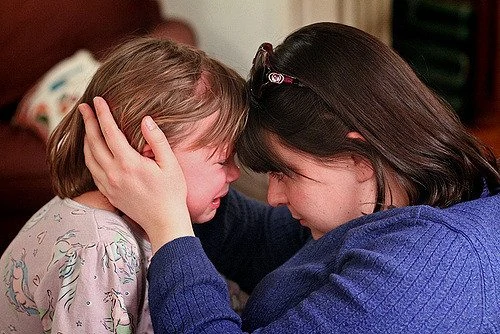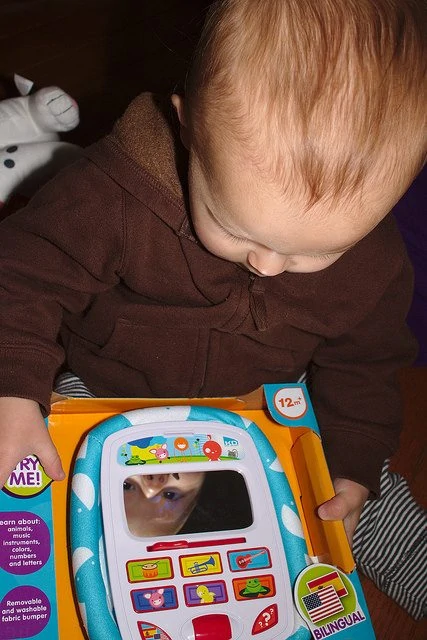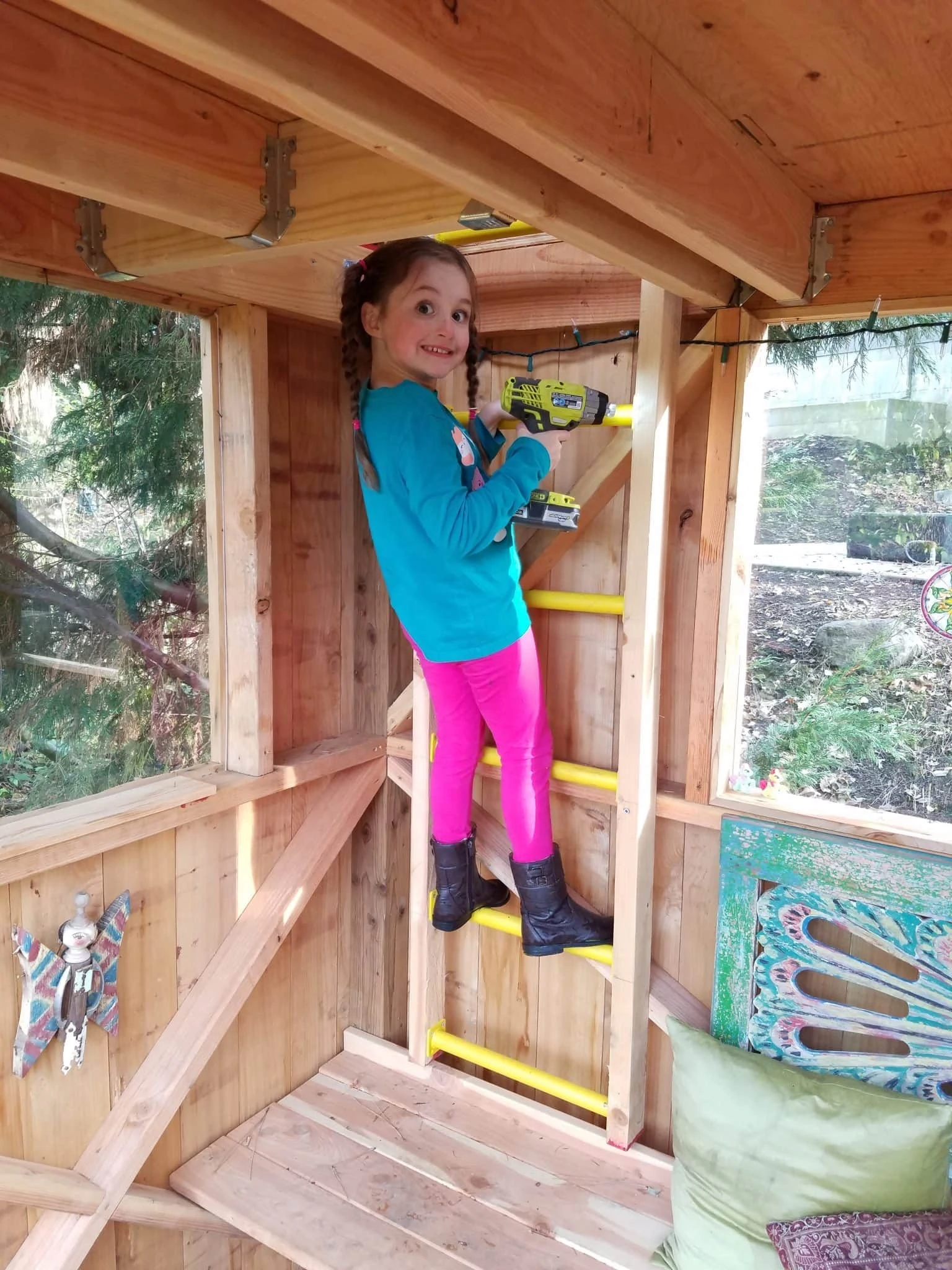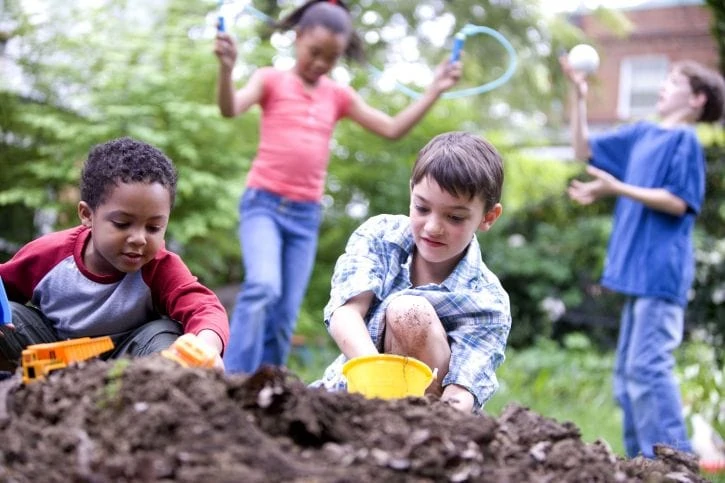
Actually, don’t.
It’s dismissive. It says, “Your feelings don’t matter.” And when you’re a kid, those feelings can feel very big. End-of-the-worldish. Challenging.
More often, we’re tempted to shield the child – to protect them from any disappointment at all, whether it’s not getting a toy they wanted, not getting the grade they expected, not winning the competition they tried so hard in. It’s certainly a natural desire, arising from loving care. We don’t like anyone we love to feel hurt. Yet,
The irony is that disappointments are actually beneficial for kids. Learning to deal with setbacks helps them develop key characteristics they’ll need to succeed, such as coping skills, emotional resilience, creative thinking, and the ability to collaborate. “Parents see failure as a source of pain for their child instead of an opportunity for him to say, ‘I can deal with this. I’m strong,'” says Madeline Levine, Ph.D., author of The Price of Privilege: How Parental Pressure and Material Advantage Are Creating a Generation of Disconnected and Unhappy Kids.
As we learn to move through disappointment, we become stronger, less fearful, more resilient. If we know we can handle disappointment, we’re less afraid to move forward.
This is why it’s so crucial that we teach children this important coping skill. Because disappointment happens. And will happen. Over and again.
Actions for the Moment, Actions for the Long Haul

The point can’t be repeated often enough: Children will echo what they see and hear us do. Our actions are their first teachers.
4 Steps to Dealing with Disappointment
- Allow your child to feel sad or let down. It’s okay to feel let down. Even if it’s a small thing (a friend cancels a playdate), allow them to experience whatever it is that they’re feeling. Big or small, disappointments are not fun. Name the feeling by saying, “I can see you’re are really disappointed. I have had big disappointments too. You are having a disappointment storm in your body.”
- If your child is expressing disappointment by hitting or saying mean things, tell your child it’s ok to be upset, but it’s not ok to be mean. “I can listen to your disappointment, but I won’t let you hurt anyone or anything.” This needs to be a firm boundary. Some children like parents to be close; others want to be left alone.
- Watch for the emotion to settle down. When your child starts to settle down, you can process the emotion with them. It can be helpful to tell stories of times when you were deeply disappointed. Children love to hear real life stories.
- Focus on something positive and put the disappointment into perspective. It’s important not to fix the disappointment. If parents do that, children will expect others to fix all of their disappointments! Instead, help your child see the good things that are still available. For instance, if they missed a playdate, they can remember that there will be playdates in the future.
Overall, one of the best things that parents can do is to recall moments of deep disappointment and remember what helped them get through those times. From these experiences we can pass on tools that are real and effective.
Images by James Russo & Jessica Lucia, via Flickr





